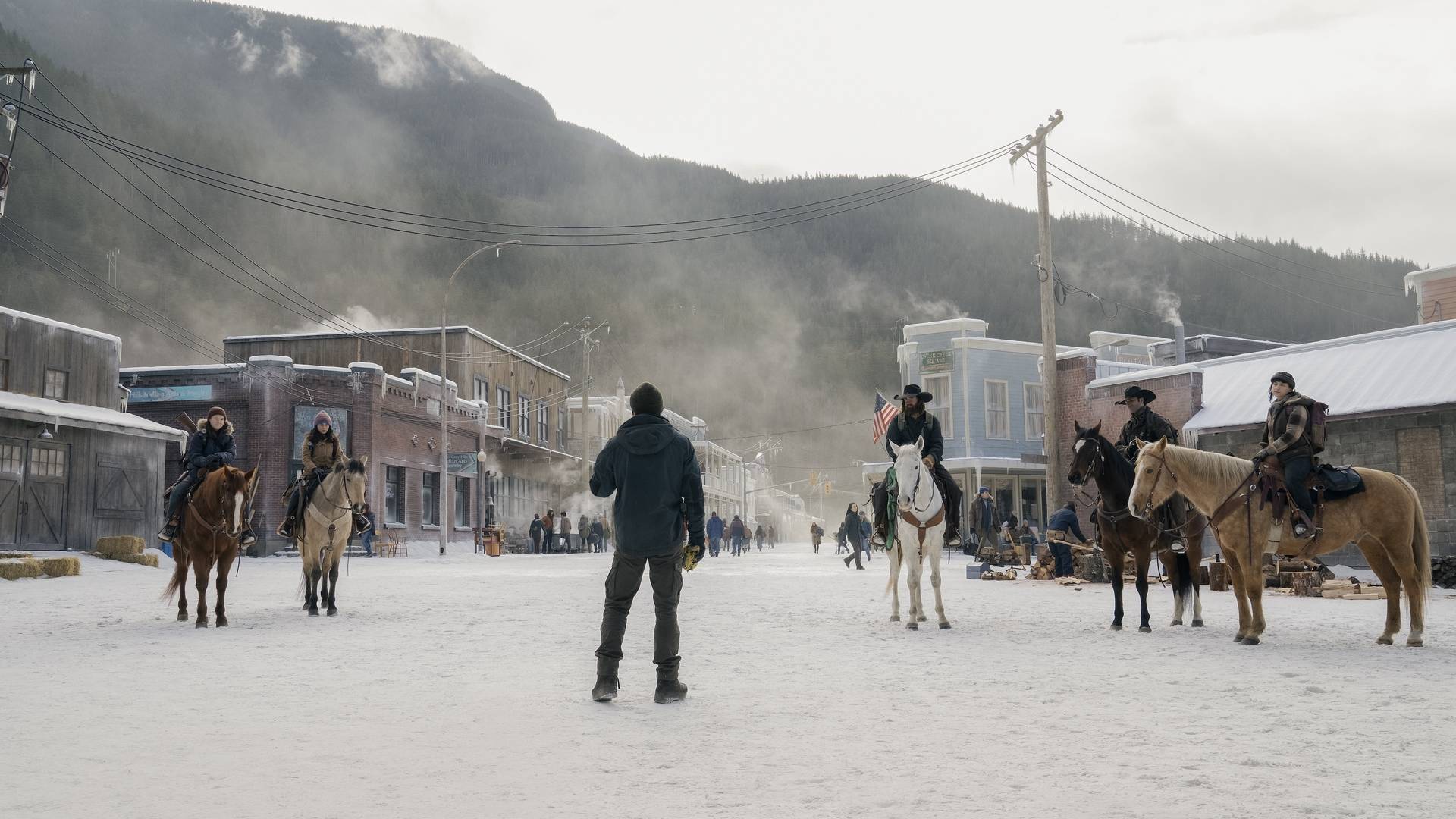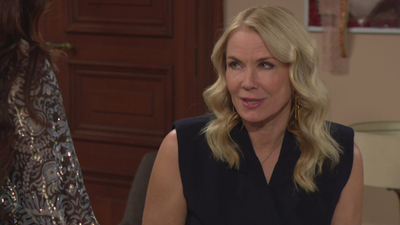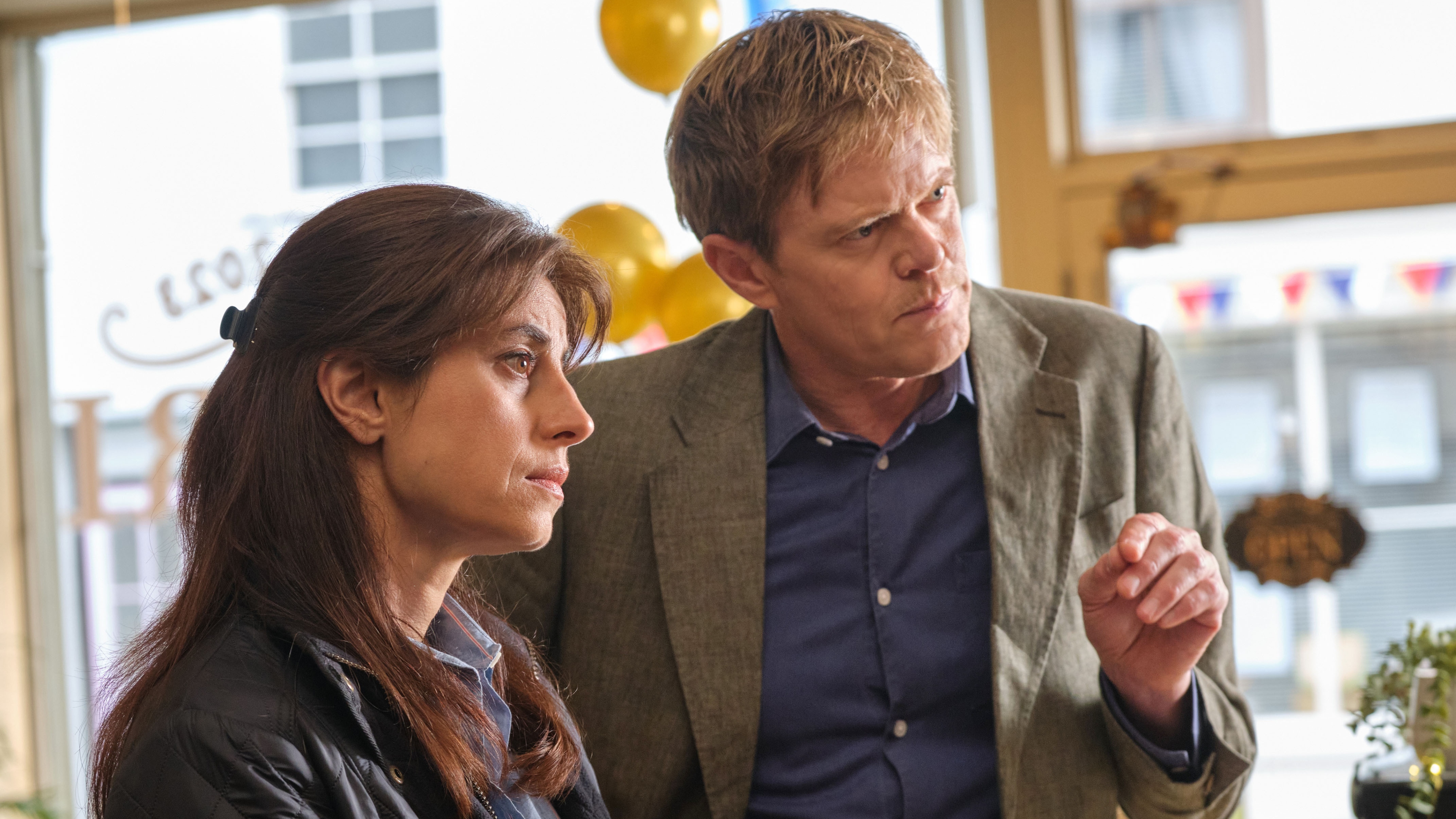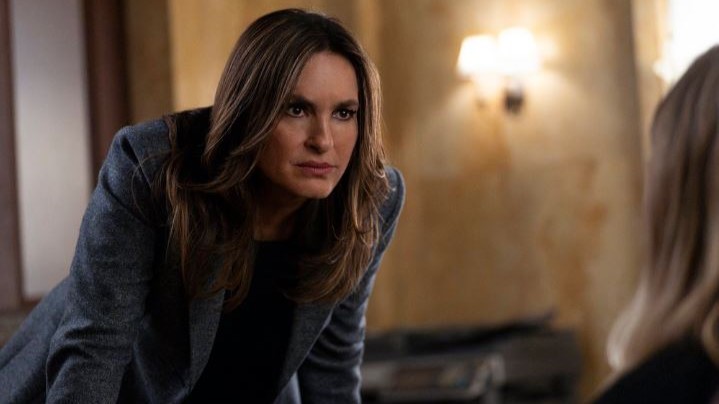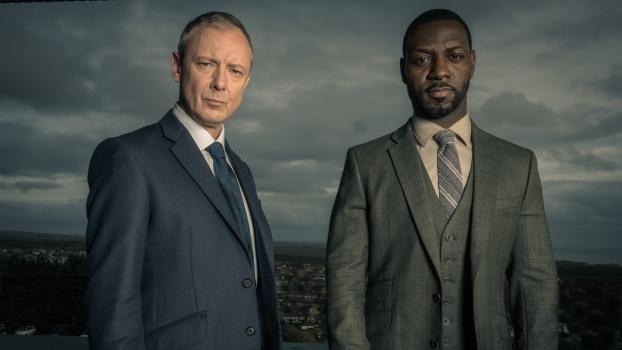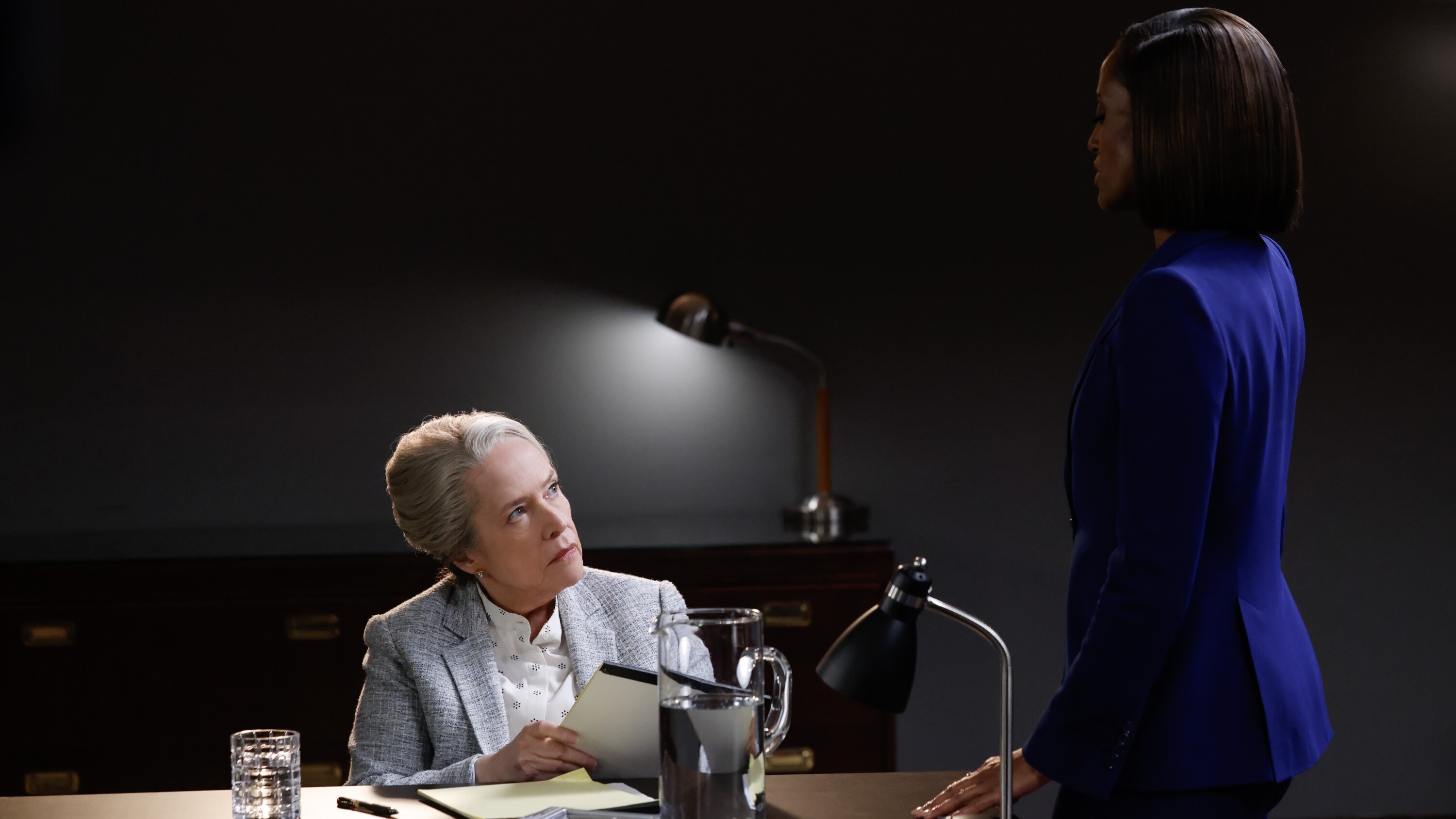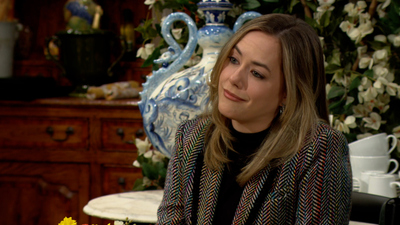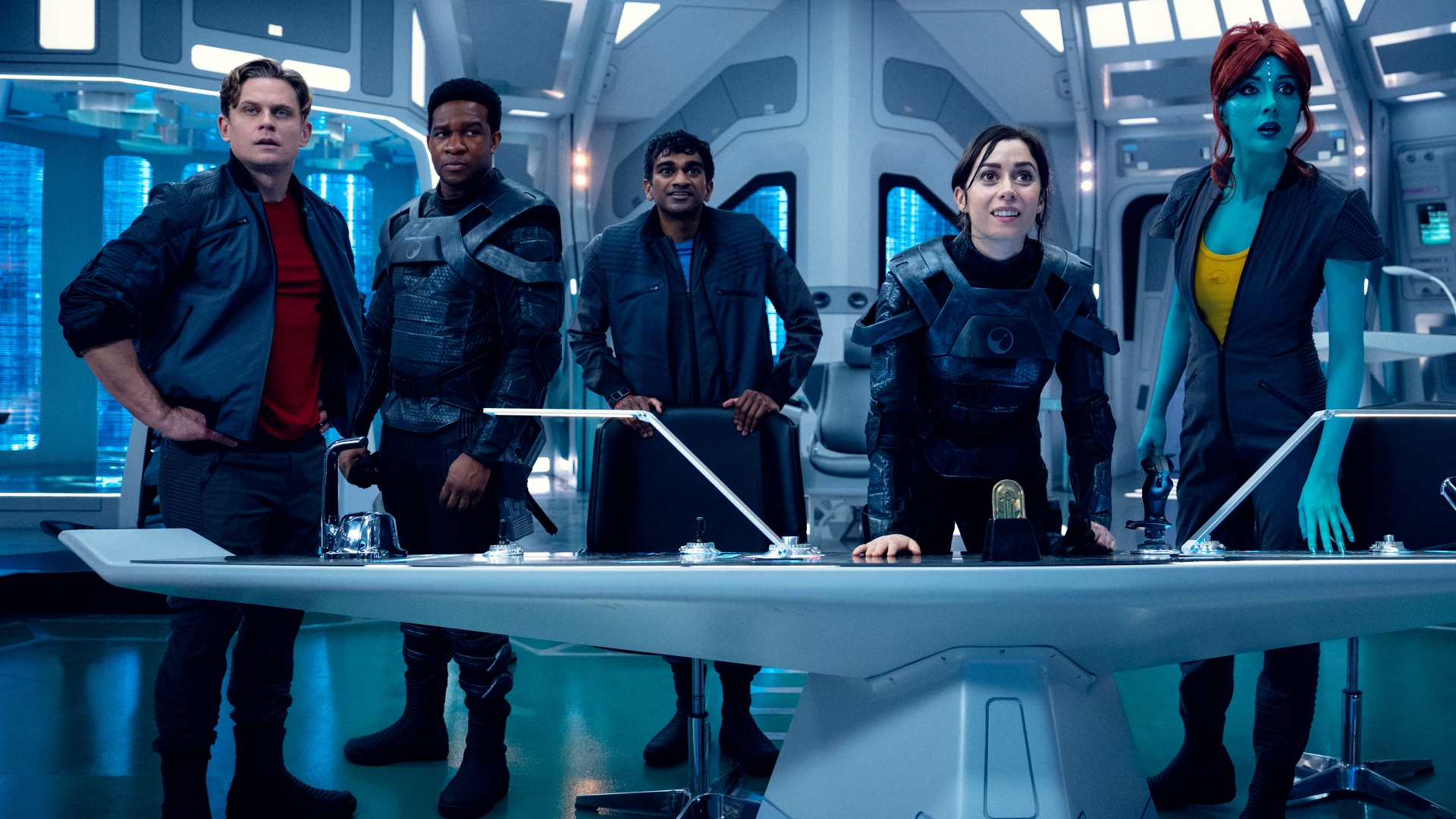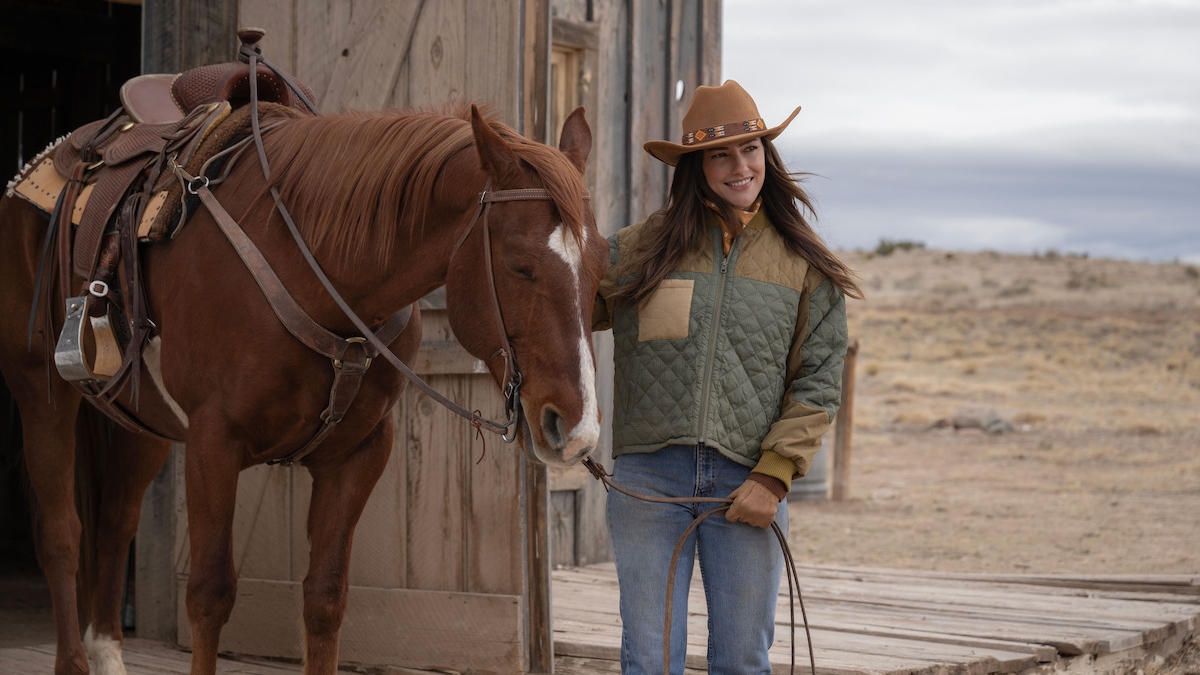How 'Game of Thrones' disappeared from the pop culture landscape
How did Game of Thrones go from being the most beloved TV show of its generation to persona non grata in less than a year?

Due to the highly unprecedented circumstances of 2020, a whole lot of us found ourselves stuck at home with too much free time on our hands and a lot of television to catch up on. It seemed as good a moment as any for us to indulge in binge-watches of cozy favorites, cult classics, and those much-vaunted critics' darlings that we never got around to when they premiered. It’s been a fun reminder of the medium’s influence and iconic output as you browse Twitter and see people checking out The Sopranos for the first time or digging through Netflix’s near-impenetrable catalog for hidden gems. I’ve seen people giddily live-tweeting series I hadn’t heard word of in decades, such is the power of the internet. One notable absence from this trend, however, is Game of Thrones.
Isn’t it kind of baffling that the series many claimed to be the greatest TV show ever made, one of the most influential and profitable pieces of small-screen entertainment ever made, a multi-Emmy winning saga, has just sort-of disappeared? The lavish adaptation of George R.R. Martin’s currently unfinished fantasy series was hailed as the beginning of a new era, not just for TV but pop culture at large. It was an escapable force of nature, a show that was at one point simulcast in 173 countries, becoming the "largest TV drama telecast" of all time according to Guinness World Records. Now, it feels like we collectively agreed to just stop talking about it. How does something so stratospherically popular become persona non grata in less than two years, its cultural footprint ever decreasing as the months pass?
It’s not uncommon for major hits in pop culture to fade away and their initial impact left forgotten by time. Some shows age badly or their conclusions disappointed fans. Consider the fate of How I Met Your Mother, a show whose finale similarly angered viewers and thus exacerbated all the prior concerns they’d had about the series. Think of Avatar, a movie that reigned supreme as the highest-grossing film of all time for a solid decade but left behind such little impact on the millions of people who flocked to see it. Yet none of this happened with the speed or intensity of Game of Thrones. It’s not just that people were sad about how it ended. The show screwed things up so catastrophically that it rewrote their legacy, something that had been guaranteed right up until 2019.
Game of Thrones was a fantastically beautiful series, with landscapes that spanned the Earth (as well as Westeros). Sometimes, though, it was perhaps a little too beautiful for its own good — or at least for the the streaming world on which it now lives.
For the best viewing experience possible, you'll want to check out the complete series on 4K UHD. It's absolutely worth it.
It would be easy to answer this question by pointing to the show’s now-infamous final season and be done with it. The eighth season of Game of Thrones was bad in a way that managed to taint everything that came before it. While the show had hit a few roadblocks in previous seasons, especially once the creators ran out of books to adapt, fans at least had the supposed safety net of that last season. Surely, showrunners Benioff and Weiss would pull it out of the bag with the finale? It would be ridiculous for them to end the most obsessed-over series in a generation with a hastily planned whimper, right? Sadly, the end result was a rush-job that threw seasons' worth of character motivation and set-up out the window. Years of build-up was dumped or tied together messily, fan-favorite characters were shunted or given borderline-insulting conclusions, as was the case for figures like Brienne of Tarth and Jaime Lannister. Seasons of psychological and thematic complexity boiled down to a jealous woman, some Nazi imagery, and a new King on the Iron Throne who nobody seemed to care about.
We could be here all day listing the problems of season eight but the conclusion would be the same: one of the greatest TV shows of the new millennium had one of the worst endings in the medium’s history, and fans and critics alike revolted. Someone started a Change.org petition asking HBO to hire "competent writers" to remake the eighth season in a manner "that makes sense", something they launched midway through the season. Even the cast seemed evidently disappointed by the show's fate. Lena Headey had a "mixed" initial reaction to her character Cersei's ending. Conleth Hill, who played Varys, told Entertainment Weekly that the seventh and eighth seasons were "kind of frustrating" and not his "favorite". Clips of the cast in table reads looking despondent with the finale went viral. Despite the backlash, Game of Thrones still received a record 32 Emmy nominations and went home with the top award for Outstanding Drama Series, although everyone seemed to quietly agree that the win was less for the final season than its more general achievements.
Matt Zoller Seitz described Game of Thrones as the last water-cooler TV show. It was the last series where we all came together in some form to watch the same series at the same time because doing so was an absolute necessity of modern pop culture. In the current age of always-online viewing, where there are hundreds of networks, streaming platforms, and international options to watch whatever the hell you want at your own pace, Game of Thrones stood increasingly alone as true appointment TV. We may be in the much-discussed age of Peak TV, where the medium has never commanded more critical adoration, but for the most part, those celebrated darlings are pretty easy to pass by if it’s not your thing. With Game of Thrones, things were different. Even those who didn’t watch the show couldn’t avoid every beat of drama, both on and off-screen, because all the conversations were happening together, unfolding exactly as the series did.
We may never get that kind of TV experience back. While series such as The Mandalorian have garnered strong viewership, such epic genre narratives are more likely to be found on streaming platforms, which thrive on slow-burn buzz and the freedom they allow audiences to turn in whenever they want to. It is, as Seitz noted, "just another thing we fit into our lives, in addition to all the other things; it becomes just another form of content, along with movies, stand-up specials, YouTube videos of people twerking and failing at parkour and dressing their dogs like Game of Thrones characters." That has its upsides and downsides, of course, but with Game of Thrones, its failure of a final season truly hammered home how its status as the last bastion of appointment television would be forever tainted because of this format. It's one thing for a finale to suck: it's a whole other storm when tens of millions of people watched it happen at the same time while yelling about it on Twitter.
Get the What to Watch Newsletter
The latest updates, reviews and unmissable series to watch and more!
That online furor may have made the show’s descent into nothingness all the quicker. It was already a minor miracle that the show never experienced any real apathetic backlash given its immense popularity over the years and the sheer breadth of attention it commanded. The collective fury of a fandom scorned burned bright and by the end of it, the overall exhaustion of everyone involved was palpable. It’s not just that this show commanded so much attention: It’s that it did so while conveying its supposed importance to the culture at large. You didn’t just watch Game of Thrones. You engaged with TV history in the making. So much was promised, and by the end, it felt clear to many fans that the showrunners had just stopped caring, so why should they care in return? They didn’t seem invested in paying off something that had been promised for years, helping to cement the legacy of something that had become a fundamental part of 21st-century entertainment.
Game of Thrones ended as our default mode of consuming TV changed. We have become all too used to binge and purge culture. We all get obsessed with the latest Netflix marathon, then two weeks later, there’s something else to fawn over. Why spend another week complaining about Emily in Paris when Big Mouth is around the corner? A lot of these shows, as flash-in-the-pan as they often are, feel far less high-stakes than what Game of Thrones sold itself on, meaning there’s way less risk of being burned by a failed finale. There are more inclusive options too, shows that avoid the pitfalls relating to gender and race that Game of Thrones frequently fell into. We’re impatient and uncompromising and have no time to spend years building up a fandom for something that will fail on us. There are obvious downsides to this mentality, but in the new age of TV, this is the default direction for networks and showrunners to consider.
Still, while audiences may not look back on Game of Thrones fondly, it has still left behind an indelible legacy on the industry. Its approach to storytelling -- ruthless killing off of major characters, that blend of high-fantasy with gritty realism, its divisive but deeply dramatic cinematography -- lingers long in the imagination and can be seen everywhere, from the Marvel Cinematic Universe to Netflix's The Witcher series. Various networks and streaming services are scrambling to make their own epic fantasy Westeros wannabe, with Amazon reportedly investing half a billion dollars into their adaptation of The Lord of the Rings as well as a long-awaited take on Robert Jordan’s Wheel of Time saga. This sort of costly genre television is in large part feasible because Game of Thrones proved itself. The series will never wholly disappear from the landscape, if only because it will stick around as the ultimate cautionary tale. But sometimes, sticking the landing is crucial, and in an era of endless options and fewer pop culture necessities, Game of Thrones failed where it mattered. It’s not often that a show sends itself into total oblivion through the sheer power of its own ineptitude, but Game of Thrones will forever have that dubious honor alongside its dozens of Emmys.
Kayleigh is a pop culture writer and critic based in Dundee, Scotland. Her work can be found on Pajiba, IGN, Uproxx, RogerEbert.com, SlashFilm, and WhatToWatch, among other places. She's also the creator of the newsletter The Gossip Reading Club.



